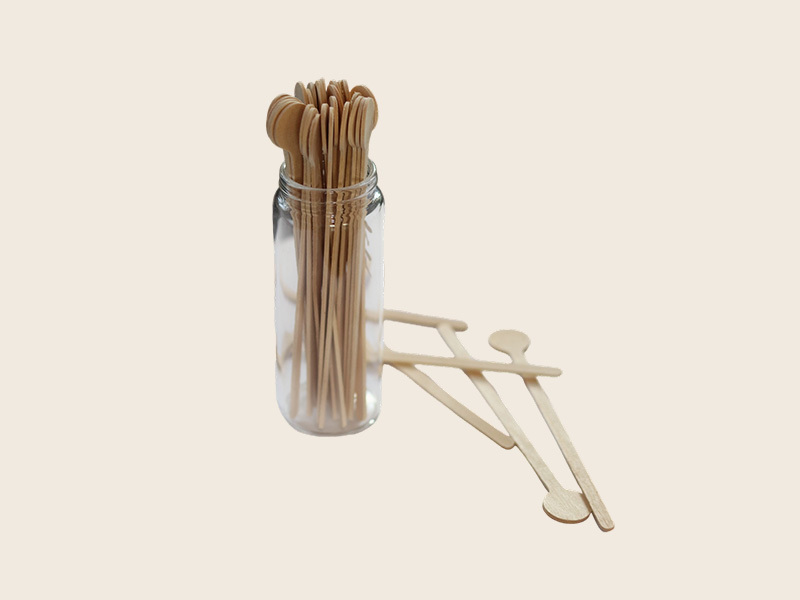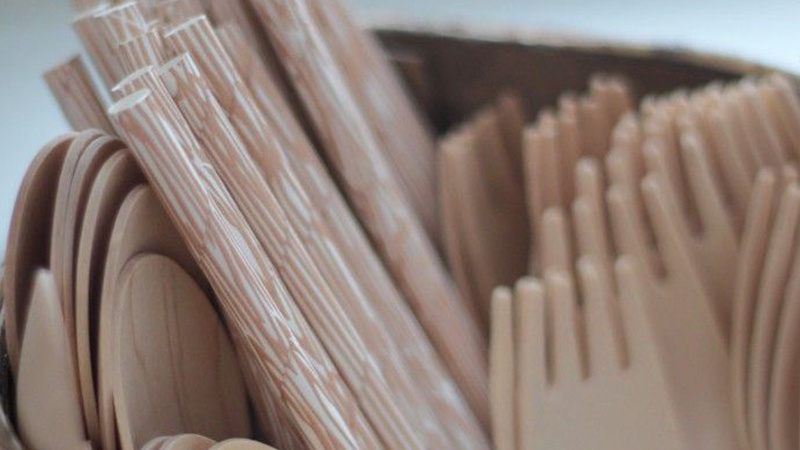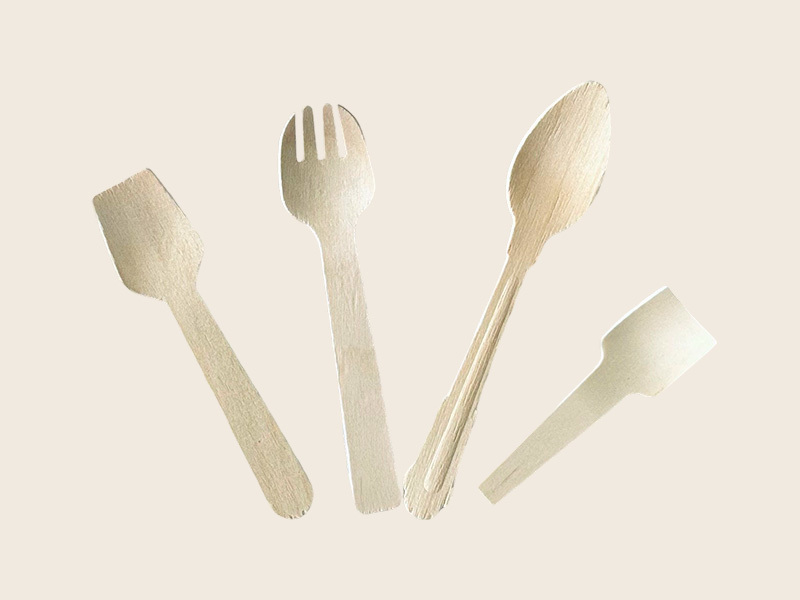Exploring the Versatility of Birch Wood Coffee Mixers in Plastic Production
The primary advantage of birch wood coffee mixers lies in their ability to enhance the mixing process of various chemical compounds.
Aug 07,2025
In the realm of plastic manufacturing, the integration of sustainable materials has gained significant momentum. One noteworthy option is birch wood coffee mixers, which are not only eco-friendly but also bring a host of practical benefits to the table. Birch wood, known for its strength and durability, is increasingly being recognized for its versatility in various applications, including the production of plastic rods and strips.
The primary advantage of birch wood coffee mixers lies in their ability to enhance the mixing process of various chemical compounds. When incorporated into the production of plastic materials, these mixers can significantly improve the homogeneity of the mixture. This is essential in ensuring that the final product possesses consistent quality and performance. Given the increasing demand for quality assurance in manufacturing, the use of birch wood coffee mixers can be a strategic move for businesses aiming to enhance their production capabilities.
Moreover, birch wood is lightweight yet sturdy, making it an excellent choice for mixers that require both resilience and ease of handling. This characteristic is particularly important in large-scale manufacturing environments where efficiency and speed are vital. The smooth surface of birch wood also minimizes the risk of material sticking to the mixer, ensuring a seamless production process and reducing downtime.

From an environmental perspective, utilizing birch wood in manufacturing promotes sustainability. As companies strive to reduce their carbon footprint, incorporating materials like birch wood can align with these goals. Birch trees are renewable resources, and their use in production not only supports sustainable forestry practices but also appeals to environmentally conscious consumers.
Additionally, the aesthetic appeal of birch wood cannot be overlooked. While this may not directly affect the functionality of plastic rods and strips, it does enhance the overall presentation of products that incorporate wooden elements. This can be particularly advantageous in markets where design and aesthetics are key selling points.
Finally, incorporating birch wood coffee mixers into chemical processes can also facilitate better regulatory compliance. As industries face increasing scrutiny regarding their environmental impact, adopting sustainable practices can prove beneficial. By utilizing birch wood, companies can showcase their commitment to eco-friendly manufacturing, potentially improving their reputation and customer loyalty.
In conclusion, birch wood coffee mixers present a myriad of benefits for businesses within the plastic production industry. From enhancing product quality to promoting sustainability, their integration into chemical processes can lead to improved operational efficiency and a stronger market presence. As the industry evolves, embracing innovative solutions like birch wood mixers will be crucial for staying competitive and meeting the demands of a conscientious consumer base.
Latest Developments








